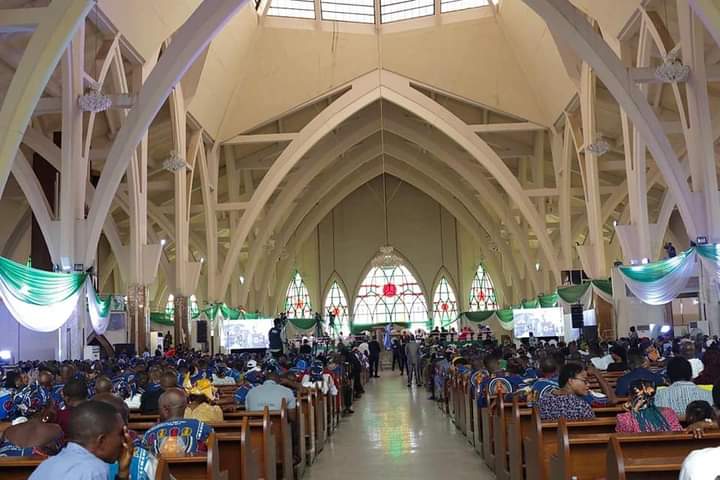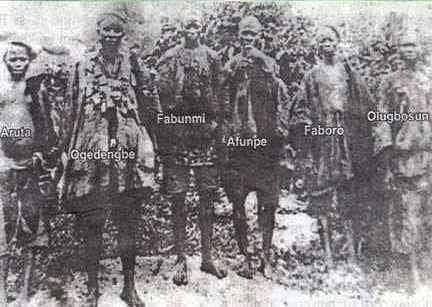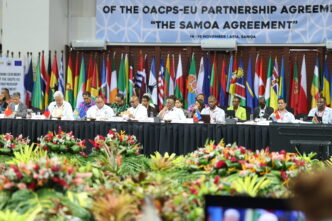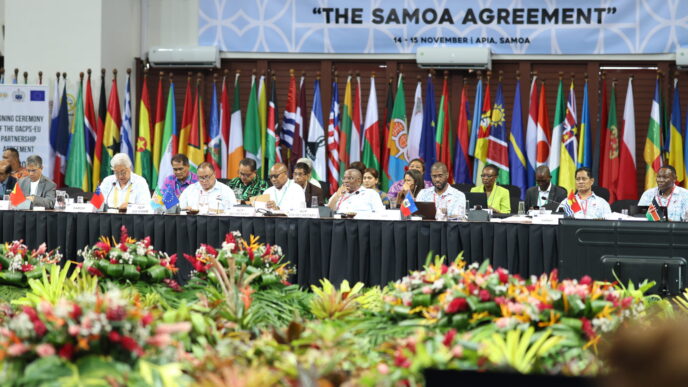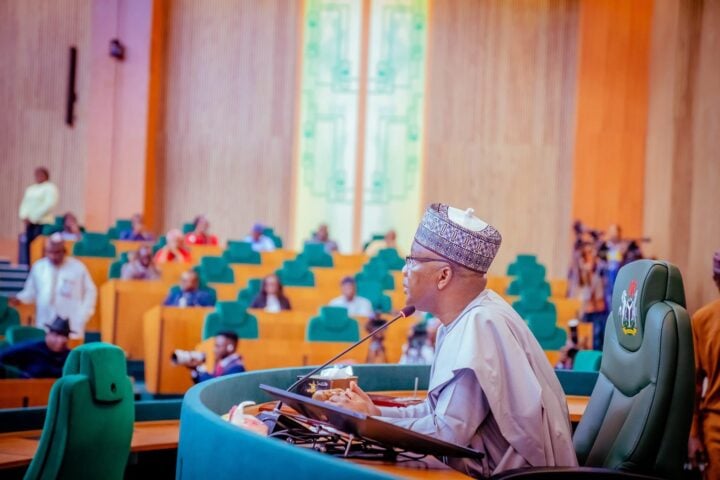If Nigerian Christian leaders were to conduct a sincere evaluation of their practices, they would agree that evidence doesn’t support the prosperity theology, which is the belief that giving money to ‘God’ would somehow lead to wealth and riches through supernatural provisions. This idea, also known as the health and wealth gospel, is prevalent among Pentecostals and evangelicals.
To them, giving directly to the church or supporting its work is the same as giving to God, which in turn ‘provokes’ him to multiply the ‘seeds’ into a bountiful harvest. Evangelical pastors cite an assortment of bible passages to support this money for health and wealth belief. The most prominent is Luke 6:38, which encourages believers to ‘’give, and it will be given to you. A good measure, pressed down, shaken together, and running over, will be poured into your lap. For with the measure you use, it will be measured to you.”
But some bible scholars have pointed out this should not be taken literally, as even Jesus and his disciples didn’t live out this principle of becoming rich by giving and that it reduces Christianity to a transactional relationship with God. A “do me, I do you” sort of thing. Pentecostals, however, take it at face value, and since the 1980s have been virulently preaching this message in the Nigerian Christian cycle. In fact, since the 1990s, Pentecostalism, with its aspirational message focusing on the material world, has become the dominant strain of Christianity in the country.
It is over two decades of the prosperity message, of Nigerian Christians sowing in tears, why has God not pressed down their offering, shaken it together, and made it run over, before returning it in the form of material blessings? Rather, the Nigerian Christian population typifies the country’s general population, plagued by poverty, hunger, unemployment, insecurity, a short life span, and other challenges. Is it that God is not holding his own side of the bargain? Or is the prosperity theology just hogwash concocted by money-hungry pastors? You make the deduction.
Advertisement
Sam Adeyemi is one of the few mainline Pentecostal pastors who has come out to interrogate the prosperity theology in light of Nigerian reality. In a video that made the rounds a few years ago, he wondered why with all the sowing to receive messages of Nigerian churches, Nigerians are not only poor, but the country became the world’s poverty capital, overtaking India as the place with the most desperately poor people.
I think I know the answer. No nation will become successful by supernatural means. Roads won’t appear because of prophetic decrees. Insecurity won’t disappear because of all-night vigils. There is no miracle money anywhere. Money chases value and production. Sadly, the prosperity theology that has become prevalent in the Pentecostal setting doesn’t preach work but wealth; it preaches favour and not merit. Weekly, members testify to the miraculous—jobs, they barely qualify for; escaping armed robbers through ‘divine’ intervention, and others.
The churches are therefore packed with members begging God for similar outlier experiences. “Let my case be different!” A nation, however, does not grow because of its exceptional or extraordinary experiences but by the totality of its institutional strength, social cohesion, and inclusive development. If you escaped the armed robber today, because of your faith in God (however doubtful that is), you may fall victim to bad roads tomorrow, police brutality, or to the broken healthcare system. You cannot exempt yourself from the complete rot of society and its broken system. It has a way of catching up with you or your family and friends, eventually. And whether you speak in tongues, sow dangerous seeds, or are a faithful tither wouldn’t matter.
Advertisement
While nothing is wrong with religious practice, the over-concentration on the spiritual to solve material problems detracts from the ability to recognize and leverage our human capacity, resources, and resilience to drive tangible change and fix the country. The man who believes somehow God will show up for him will be less inclined to fight for what he believes than the one who is not looking up to supernatural help.
It needs restating: Miracles won’t develop this country. Giving money to your church or pastors in the name of sowing to God won’t make you rich. It didn’t help the generation before you, and it won’t help you either. We have to put in the work and fight for the kind of country we want, from our politics to our education, healthcare, infrastructure, and economic systems.
Views expressed by contributors are strictly personal and not of TheCable.
Add a comment

